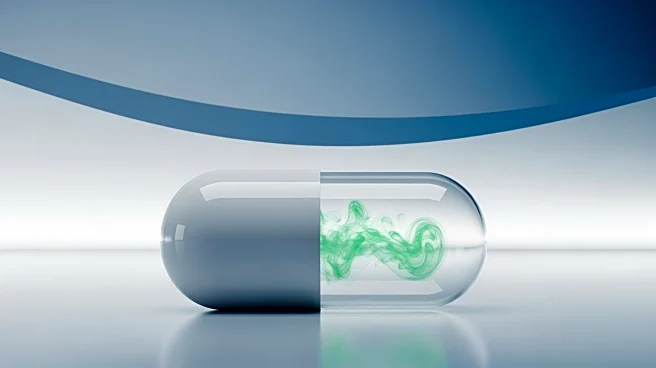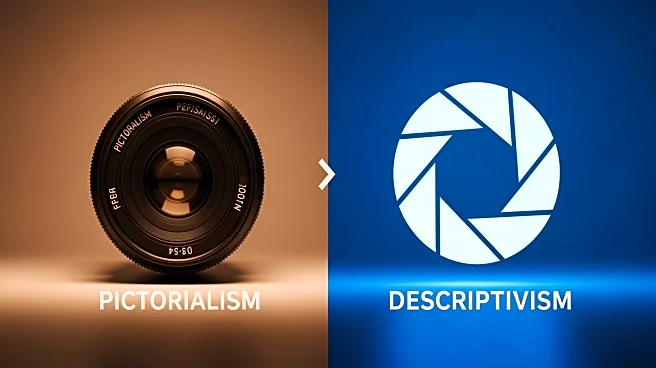What's Happening?
Researchers have developed a new method for delivering CBD directly to the brain, offering pain relief without the common side effects associated with conventional pain medications. The study, conducted
by the University of Rochester in collaboration with Harvard Medical School, utilized a nano-micelle formulation to enhance CBD's solubility and brain delivery. This approach allowed CBD to reduce nerve activity in pain-processing regions without affecting healthy neurons. The findings suggest that CBD-IN could be a safer alternative for treating chronic pain, potentially expanding its use to other neurological disorders.
Why It's Important?
This advancement in CBD delivery has significant implications for the treatment of chronic pain and other neurological conditions. By overcoming the blood-brain barrier, the new method enhances CBD's effectiveness and precision, potentially reducing dependency on opioids and other pain medications. The research highlights the role of nanotechnology in improving natural compound efficacy, offering a promising avenue for future therapeutic developments. As CBD products continue to gain popularity, this study could influence regulatory policies and consumer choices, promoting safer and more effective pain management solutions.
What's Next?
Further research is needed to explore the full potential of CBD-IN in treating various neurological disorders. Clinical trials may be conducted to assess its efficacy and safety in human subjects, potentially leading to broader applications in pain management and other conditions. Regulatory bodies might consider revising guidelines on CBD use, and healthcare professionals could incorporate this new method into treatment plans. The study opens the door for additional investigations into nanotechnology's role in enhancing natural compound delivery and effectiveness.










